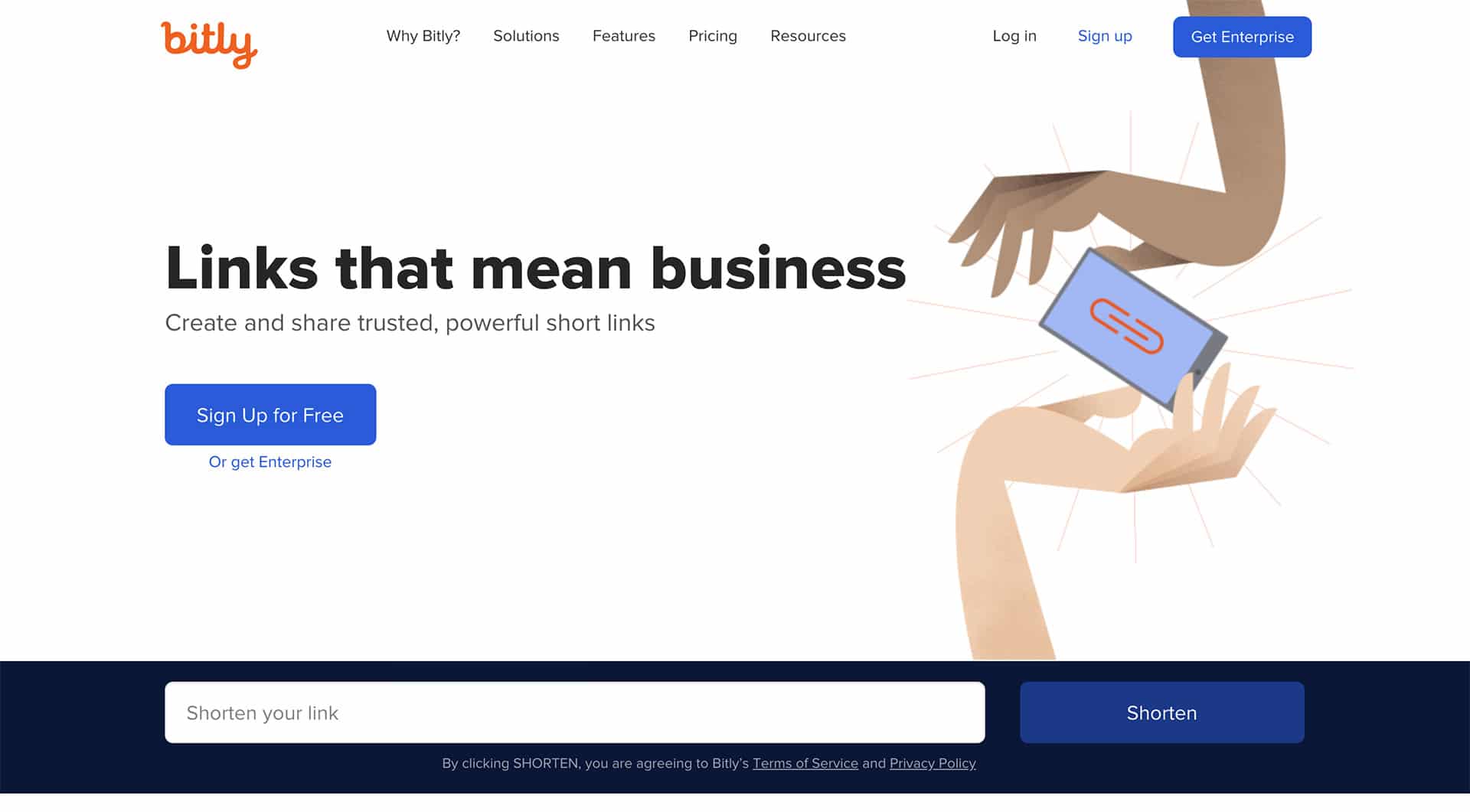A shortener url is a service that converts long, complicated URLs into their corresponding shorter versions. This process allows for easier sharing of links on websites, social media, and in hard copy publications. URL shortening also makes it easier to monitor click-through and other data. These benefits make it a popular tool for both individuals and enterprises.
A wide range of free and paid URL shortening services are available, with some services offering advanced features that go beyond simply converting long links into short ones. These include branding options, detailed analytics, and QR code generation capabilities.
One of the oldest and best-known URL shorteners on the Internet, TinyURL is a simple stand-alone app that turns long URLs into small, short versions of the same web address. It does not require account registration to create short links, and shortened links can be edited without the need for login credentials. Users can even add a custom domain to their short URLs.
Another leading URL shortener is Bitly, a premium-level service that offers an impressive set of tools and features for marketers. It allows users to brand their shortened links, and provides detailed analytics on clicks, geographic data, and device usage. Bitly’s dashboard is intuitive and easy to use, with a simple layout that lets marketers quickly identify the most effective content.
Several other premium shorteners offer advanced features that are particularly useful to marketers, including cloaking and tracking of affiliate links. They also enable users to track and edit their link histories. These tools can help ensure that short links are being used by real people and are not being abused or spammed.
Shortening services are widely used by both individual bloggers and large enterprises for marketing purposes. The benefits of using these services are numerous and can range from increased productivity to improved marketing metrics. These benefits can be seen in the form of higher engagement on social media posts and other digital platforms, as well as an increase in conversions.
Some shortening services are built into web browsers, making it easier to share links across multiple applications. Other URL shorteners are open source software that can be installed on a server. These are usually more customizable and secure than free shortening services offered by third-party providers.
Some shortening services can be paired with automation apps to streamline the creation of links. These automated workflows can be triggered by a variety of events, including uploading posts or creating products in other apps. For example, a Zap can be created on Zapier that will automatically shorten a link whenever someone creates a new post or product in WordPress. Zapier can then save the shortened link to a Google Sheet, send it directly to another app, or display it in a website. This can save a lot of time and effort for a social media manager who has to keep track of many different tasks. It can also reduce the likelihood of human error.shortener url


